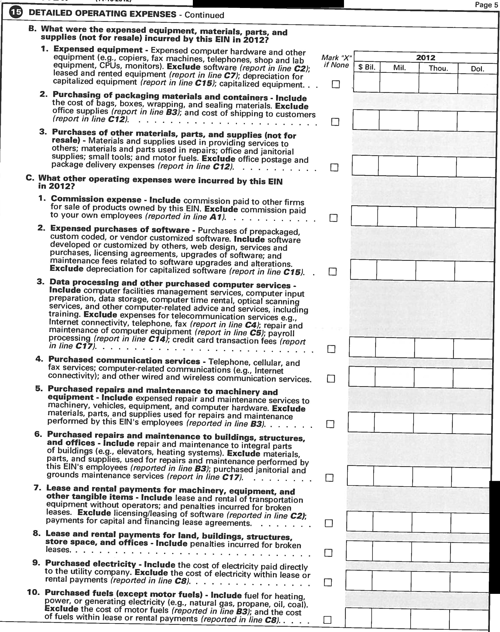Government Housing Policy: Restricting Supply and Subsidizing Demand
I am always amazed that folks, say those in government in places like San Francisco, consistently support restricting the supply of new housing while subsidizing home buyers and then are surprised when prices and rents keeps rising. From the Market Urbanism Report via Walter Olson.
But a look at the numbers shows that, on the contrary, housing construction (or lack thereof) seems to be the driving factor behind whether or not large U.S. metros remain affordable.
This would be the conclusion from 7 years of data from the Census Bureau, which publishes annual lists on the number of new privately-owned housing units authorized in each metro area. Between 2010 and 2016, when overall national housing permits ticked up each year following the recession, most major metros have issued housing permit numbers in the high 4- or low 5-figures annually. But three metros have stood far above the rest.
The Dallas-Fort Worth-Arlington MSA issued 273,853 housing permits over this 7-year period; New York-Newark-Jersey City issued 283,814; and Houston-The Woodlands-Sugar Land topped every metro with 316,639 permits. Combined, the 3 metros accounted for 13.5% of the nation’s approved housing units.
Other metros weren’t even close to these three....
These statistics are glaring, and show that the urban housing affordability crisis, and its solution, is far simpler than many pundits suspect. In their ongoing quest to satisfy their anti-growth biases, they’ve settled on demand-side responses (read: government subsidies) that ignore or worsen the fundamental problem of under-supply; while they continue to blame various third party boogeymen, including developers, landlords, Airbnb hosts, techies, hipsters, Asian families buying second homes, and migrants in general.
But, again, the Census data sheds light on the actual nature of the issue: some metros in America are building a LOT of housing. Other metros may think they are, but actually are not. And housing prices within given metros are either stabilizing or skyrocketing based on this decision.


